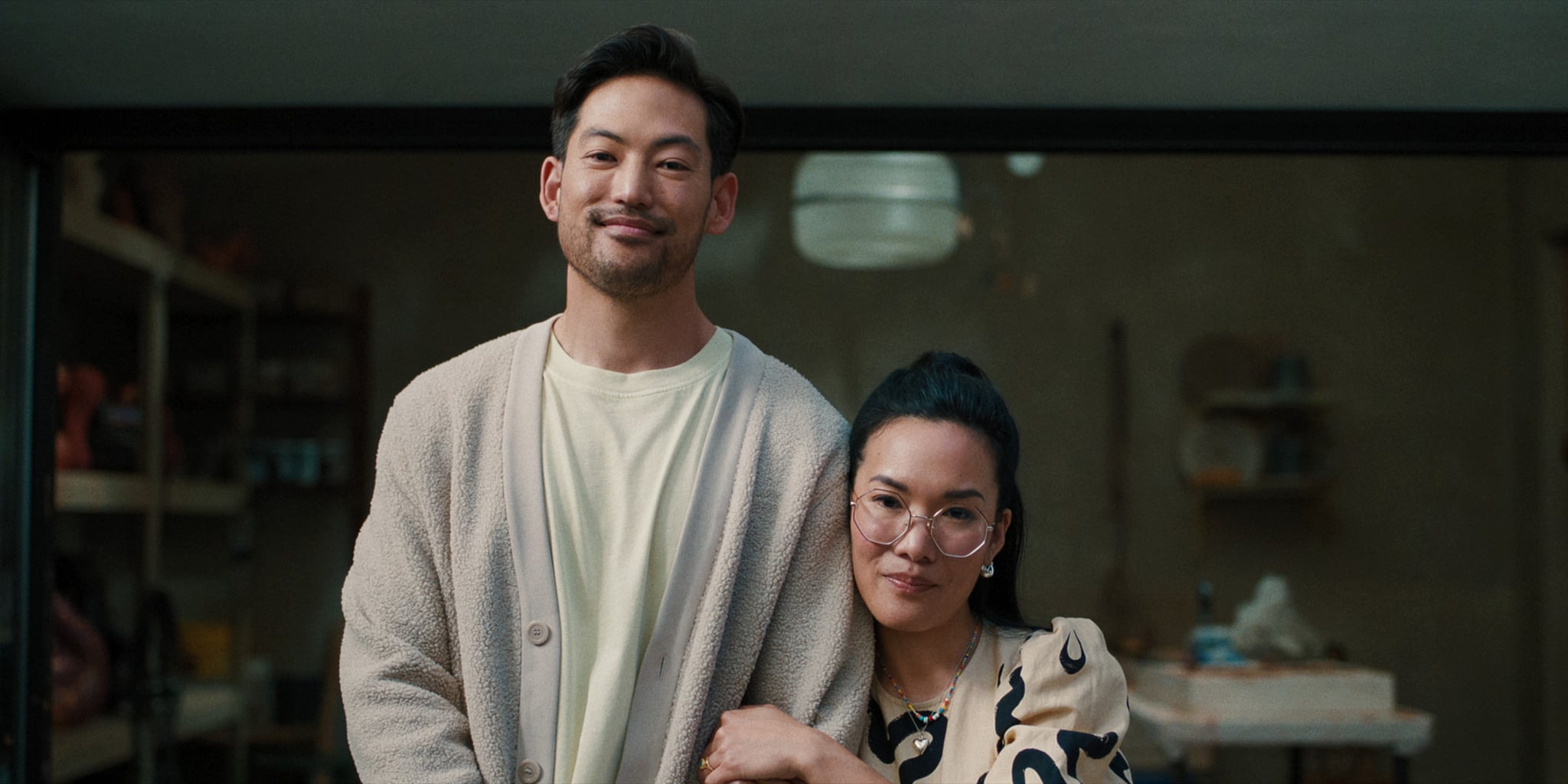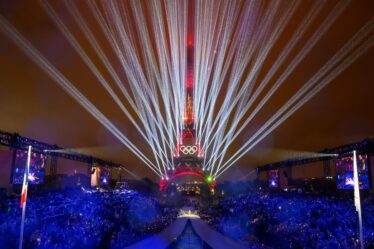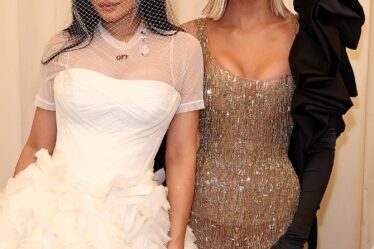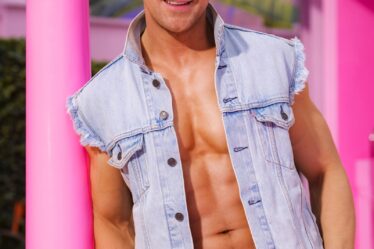
Since its Netflix debut on April 6, “Beef” has earned rave reviews and sparked emotional reactions among Asian American and immigrant communities. Unique in its storytelling and visuals, the A24 production features both a thrilling plot and simultaneously comedic and poignant performances from cast members Ali Wong, Steven Yeun, Joseph Lee, and Young Mazino. But underneath all of the adventure, it offers a complex, nuanced look at the diversity of the Asian American experience, which is also portrayed through the lens of fashion.
Describing “Beef” as her “most personal project” to date, costume designer Helen Huang says Danny (Yeun) and Paul (Mazino) remind her of her own stepbrothers, who also latched on to subcultures in the majority-white cities of Torrance and El Segundo, CA. Prior to discovering the film, she was searching for an Asian American production, whether written by an Asian American writer or featuring a majority Asian American cast. “As soon as I read the script, I knew I wanted to do it because it shows Asian Americans on so many different economic levels and in so many different regional parts of LA,” Huang, who previously worked on titles like “Station Eleven” and “American Horror Story,” tells POPSUGAR. As she started working on “Beef,” photos of family, friends, and others in her life landed on her mood board.
Asian Americans are not a monolith, and it was crucial for both Huang and “Beef” creator Lee Sung Jin (also known as Sonny Lee) to authentically represent that through the characters and their clothes. Each character in “Beef” has a distinct sense of style, none of which falls under the stereotypical “rich Asian” aesthetic that’s often exaggerated on screen. “We have so many different details to our experiences, so we really tried to get as nuanced as possible,” Huang says.
“Because there are a lot of Asian men on the show, I wanted Asian men to be recognized as style aficionados.”
Marked by whites and creams, Amy (Wong)’s minimalist, creative wardrobe creates a strong identity throughout the series; it only veers into color when she’s experiencing turmoil. Danny (Yeun), on the other hand, dresses like he hasn’t left the ’90s in his outdated work shirts and thrifted button downs. George (Lee), similar to his wife, wears relaxed, stylish pieces that scream luxury from an artistic point of view in a non-obvious way. “Because there are a lot of Asian men on the show, I wanted Asian men to be recognized as style aficionados. That they are stylish, like clothes, and dress beautifully, outside of the box,” Huang says.
Aside from perfecting each character’s style nuances, sourcing clothes proved to be another challenge for Huang. She shopped from each character’s perspective — for Amy and George, it was specialty boutiques and luxury online retailers, because they’d never be seen at a department store. For Fumi (Patti Yasutake), meanwhile, she sourced unique designer pieces from The RealReal. For Danny and Paul, Huang imagined they’d likely pay visits to the mall and Goodwill, so she curated from mall brands and thrifted finds. Due to a stringent budget, the crew purchased (and subsequently returned) much of the wardrobe from online retailers like Farfetch, Ssense, and Mr. Porter. There were so many returns, in fact, that some of the stores even gave her “stern talking-tos” and banned her temporarily. “We did make a couple of them angry, but I think it was worth it,” Huang jokes.
Ahead, Huang breaks down each of the core characters’ different styles. Keep reading for more details about the inspiration behind each of their looks, key labels they’ve worn, and more style notes.



